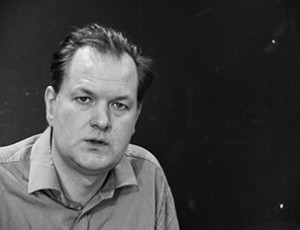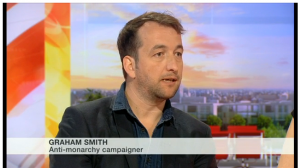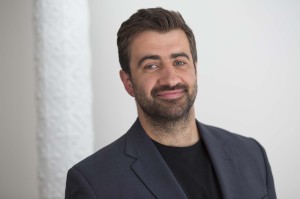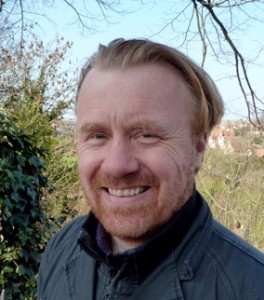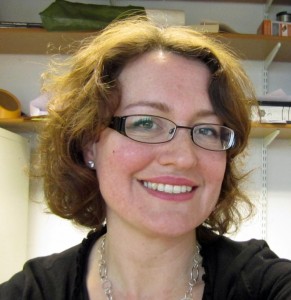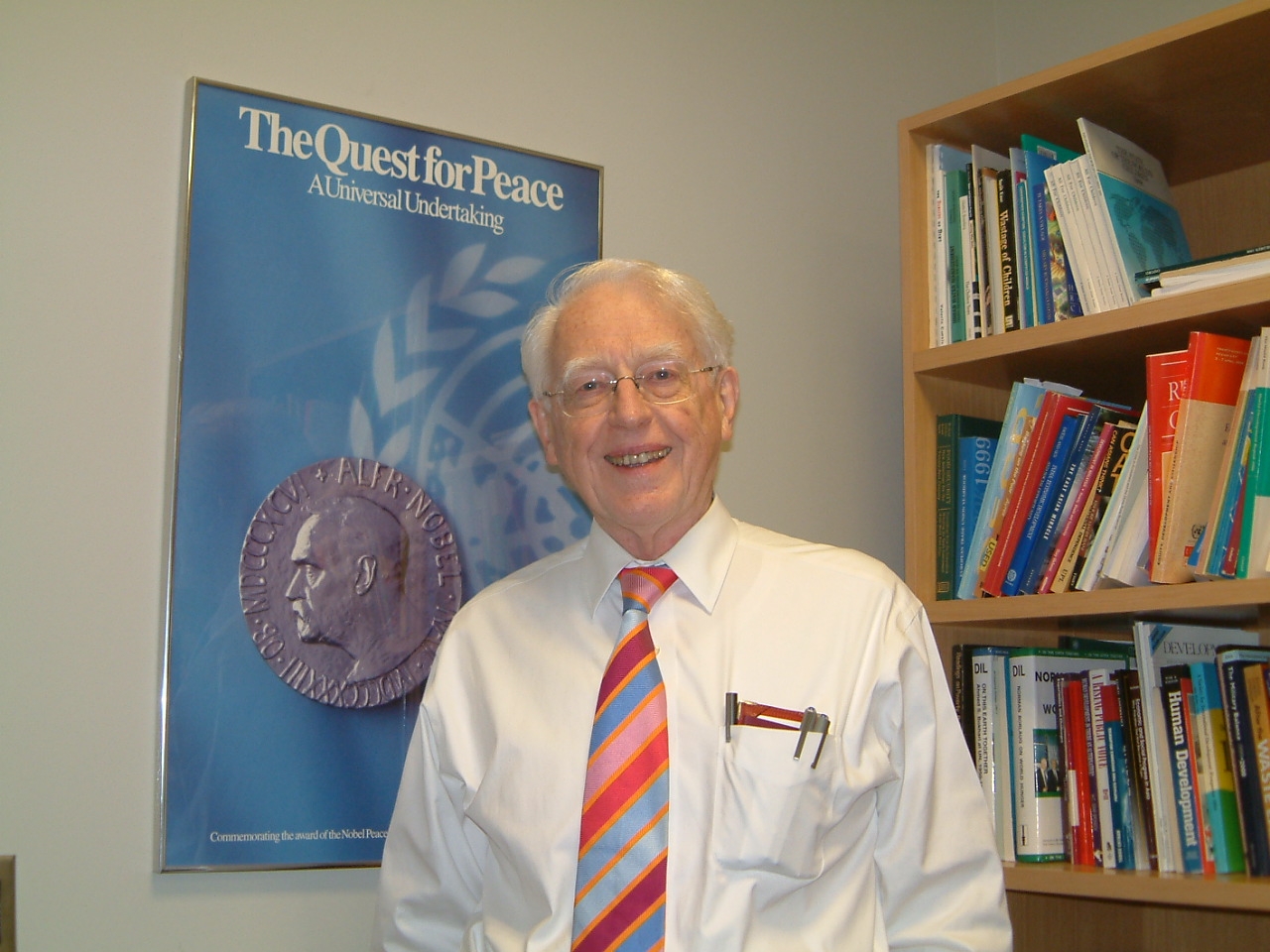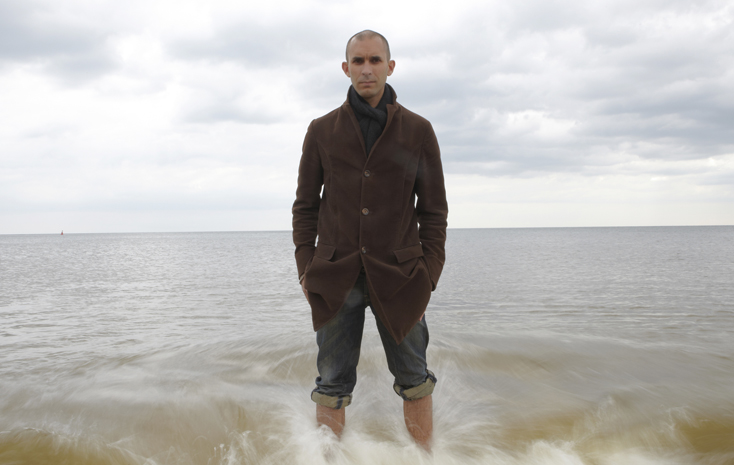Peter Luetchford and Jeff Pratt discuss their latest work on the politics and values of social movements.
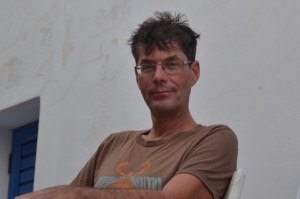
About Peter Luetchford:
Peter has a long term interest in ethical and political ideas in relation to the economy.
Doctoral research into fair trade was based on anthropological fieldwork in Costa Rica among coffee cooperatives, farmers, and workers. This work, published in the book ‘Fair Trade and a Global Commodity: coffee in Costa Rica’ (Pluto 2009) and in book and journal articles, show people and organisations at the production end engage with fair trade and how the preferential deals are understood and negotiated within longer term commitments, strategies, and understandings of the market and economy.
More recently he has been concerned with ethical consumption, and particularly how fair trade is represented to consumers and the ways this departs from and obscures practices that are central to coffee production. This interest has led to collaboration with James Carrier and their co-edited volume ‘Ethical Consumption: social value and economic practice’ (Berghahn 2012).
About the book:
Concern about our food system is growing, from the costs of industrial farming to the dominant role of supermarkets and recurring scandals about the origins and content of what we eat.
Food for Change documents the way alternative food movements respond to these concerns by trying to create more closed economic circuits within which people know where, how, and by whom their food is produced.
The contributors explore the key political and economic questions of food through the everyday experience and vivid insights of farmers and consumers, using fieldwork from case studies in France, Spain, Italy and England. This book is an insightful consideration of connections between food and wider economic relations and draws on a rich vein of anthropological writing on the topic.
About Jeff Pratt:
Jeff joined the anthropology department at the University of Sussex in 1976 after research in Italy, primarily on the effect of the Cold-War on everyday political and cultural life. While continuing to publish work on political movements he also developed an interest in rural transformations, land-reform, the industrialisation of agriculture and the spread of market relations (The Rationality of Rural Life, 1994). More recently he has returned to these issues, and specifically how small farmers try to create livelihoods outside the mainstream food chain, and find customers for what they produce. This has involved renewing research contacts in Tuscany, as well as joint work with Peter Luetchford, in Andalusia and in writing ‘Food for Change’. Although food is the focus of the research, we have framed the arguments in terms of more general questions, both about the kind of politics these movements represent, and the way people in their everyday lives negotiate the relationship between money and other kinds of value.
